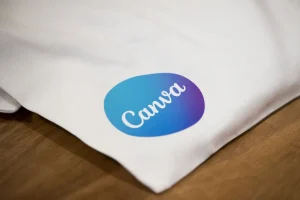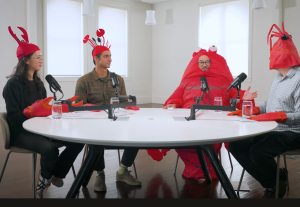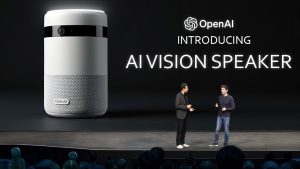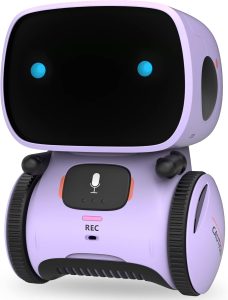Unlocking the Power of AI: From Virtual Hospitals to Literary Translations

ChatGPT by OpenAI isn’t just your typical chatbot. Recently, research scientists have been pushing its boundaries in ways that seem straight out of a science fiction movie. Imagine creating 25 unique versions of ChatGPT, each with its own backstory, like that of a scientist. These versions genuinely believe they are that person and interact accordingly. Pretty mind-blowing, right?
In one instance, these AI variations organized a Valentine’s Day party. But it gets even crazier. They also managed to run a game development company, complete with roles like CEO, developers, testers, and managers. They seamlessly passed tasks among themselves and created a video game on a budget of just one dollar. Absolutely incredible.
Unlocking New Capabilities
ChatGPT by OpenAI is already a phenomenal tool, but research scientists are constantly finding new ways to unleash its potential. Imagine creating 25 versions of ChatGPT, each with a unique backstory, such as a scientist. These versions believe they are that person and interact accordingly. Pretty wild, right?
For instance, these variations could even organize events like a Valentine’s Day party or run a game development company with designated roles such as CEO, developers, testers, and managers. This is incredible since they all stem from the same ChatGPT model but are customized for various tasks. They can work together efficiently, passing tasks seamlessly among themselves.
Innovative AI Applications
One groundbreaking idea is the creation of an AI hospital. Here, every role—from patients to doctors—is played by ChatGPT. Patients register, get consultations, receive diagnoses, and have their treatments monitored over time. These AI doctors can perform these tasks 10,000 times, something unfeasible for a human doctor to achieve in such a short period.
Why go to these lengths? Is it merely for fun, or does it actually help in enhancing AI’s medical expertise? The results speak volumes: this method improves the AI over time. In diagnosing and treating respiratory diseases, this specialized AI even outperforms all existing models in the MedQA benchmark, achieving an accuracy of 93%, higher than the 84% accuracy of the base GPT-4 model.
AI in Medical Research
While this does not imply that AI can or should replace human doctors, these advances could be immensely beneficial. Such techniques may serve as valuable tools to assist real doctors, enabling them to save more lives than they otherwise could.
It’s astonishing to think that these advancements were made by having the AI essentially play a game with itself. This idea seems straight out of a science fiction movie, but it’s happening right now.
Challenges in Translating Literary Texts
Another challenging application for AI is the translation of literary texts. This task requires not only understanding the language but also grasping the cultural nuances and figurative expressions that are integral to the text.
Researchers created various copies of ChatGPT, assigning them roles like editors, translators, and proofreaders. These copies then work together following a predefined algorithm. The outcome is remarkable. The AI doesn’t just translate the words; it understands the cultural context, making the translation much more accurate.
It’s fascinating to see how AI can enhance our understanding of literary works from different cultures and eras. These breakthroughs feel like something out of a science fiction novel, yet they are tangible applications of today’s technology.
The Future of AI
We live in an era where AI can help us lead healthier lives, understand historical literature better, and even develop video games on a shoestring budget. The possibilities seem endless.
Despite the limitations, these research works showcase the incredible potential of AI. From healthcare to entertainment, the impact of these developments is profound and far-reaching.
Practical Implications
As exciting as these advancements are, it’s crucial to remember their limitations. No AI can entirely replace the nuanced, human touch required in fields like medicine.
However, the potential for AI to serve as a valuable assistant is enormous. By augmenting human capabilities, these technologies could revolutionize various industries, making them more efficient and effective.
Incredible advancements in AI leave us on the brink of endless possibilities. From playing out intricate roles to outperforming existing models in diagnostics, AI’s potential is truly revolutionary. Whether aiding doctors or translating texts, these breakthroughs offer a glimpse into an astonishingly capable future. Yet, they also remind us of the importance of human touch, showing that technology and human expertise must go hand-in-hand.





